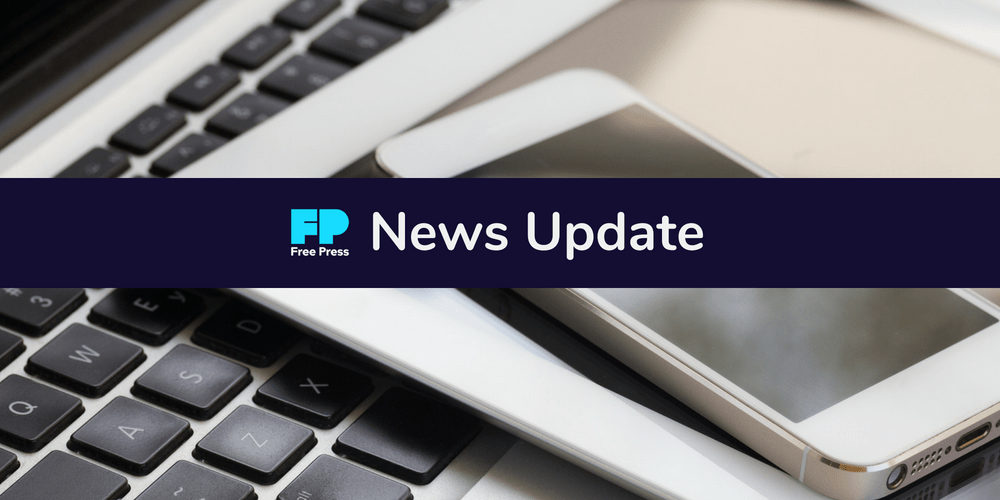Free Press Calls on the FCC to Investigate the Widespread Broadcast of Disinformation About the COVID-19 Emergency

WASHINGTON — Free Press on Thursday filed an emergency petition for inquiry with the Federal Communications Commission calling on the agency to investigate the spread of false COVID-19 information via broadcast outlets across the United States.
The petition points to disinformation being aired during the Trump administration’s daily press briefings, including statements by President Trump that may have led to the death of an Arizona man earlier this week. The petition also calls out disinformation that broadcast-radio personalities are spreading.
“The FCC possesses both the authority and the responsibility to ensure the public airwaves are utilized in the public interest,” reads the petition co-authored by Free Press Co-CEO Jessica J. González and Senior Policy Counsel Gaurav Laroia. “This duty is heightened in times of crisis. Specifically, broadcasters are prohibited from knowingly airing false information about a catastrophe that causes ‘substantial public harm.’”
During a March 19 press briefing, President Trump mischaracterized the efficacy of chloroquine as an alleged remedy to coronavirus. Broadcasts of his statement led to a nationwide shortage of a drug integral to treating other ailments — exacerbating this health crisis. It also likely precipitated the death of an Arizona man and the hospitalization of his wife after they ingested a similar compound. The woman told reporters they had “watched televised briefings during which President Trump talked about the potential benefits of chloroquine” and believed it was safe because “it was all over TV.”
In 1992, the FCC adopted a rule against broadcast hoaxes, weighing the public-interest obligations of broadcasters against their First Amendment rights. The agency concluded that the government “has a compelling interest in preventing substantial public harm, such as the substantial diversion of police and emergency resources from their duties,” and further noted that “the First Amendment does not preclude civil liability for broadcasts that create a foreseeable risk of personal injury.”
Yet radio and television broadcasters across the country have been airing false and misleading information about the coronavirus crisis without providing the kinds of context or disclaimers suggested by the agency’s broadcast-hoax rule, write González and Laroia. “The president’s mischaracterization of the efficacy of chloroquine phosphate is an acute example,” they write. “Wide broadcast of other of the president’s false statements have also contributed to the cavalier attitude some have taken toward containing coronavirus and mitigating its spread.”
The Free Press petition catalogs a number of incidents in which both radio and television broadcasters have aired dangerous misinformation about the disease, including several false statements by widely syndicated talk-radio host Rush Limbaugh, and urges the FCC to use its full powers to ensure that the public receives accurate information about this deadly pandemic.
In particular, Free Press asks the agency to immediately issue an emergency policy statement or enforcement guidance recommending that broadcasters prominently disclose when information they air is false or scientifically suspect. “This is a life or death issue,” write González and Laroia, “and we request the Commission’s urgent attention.”